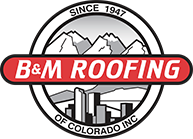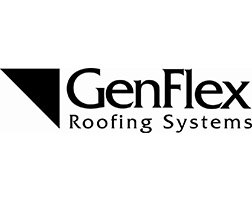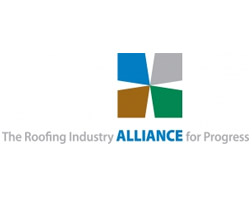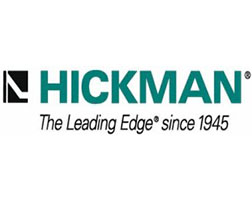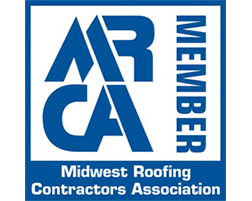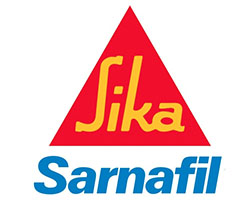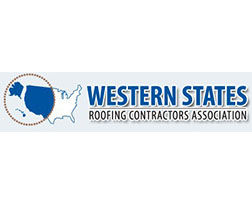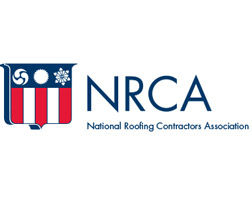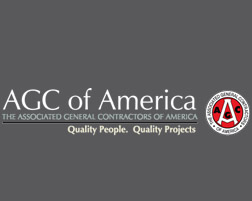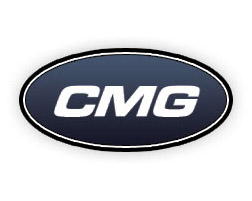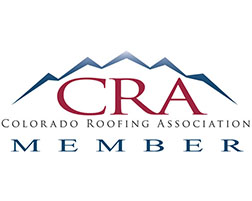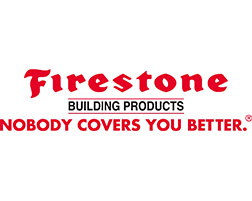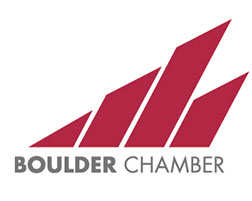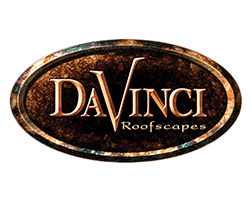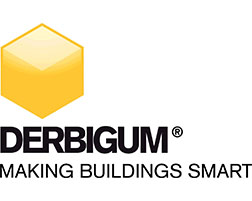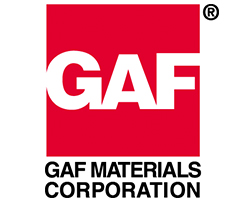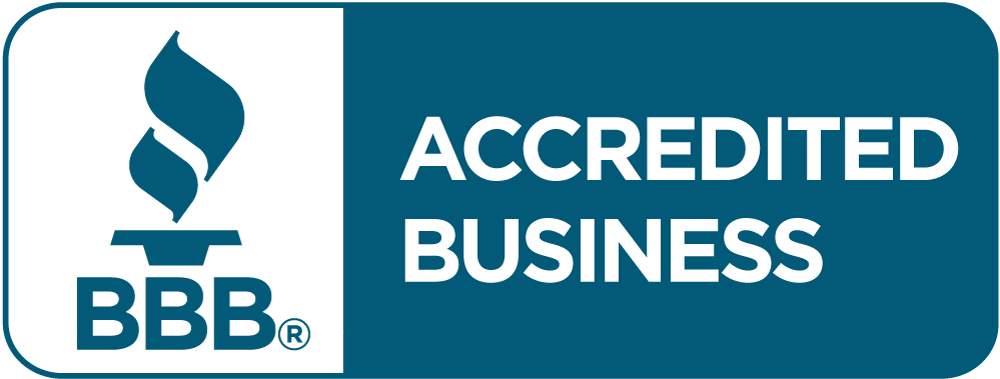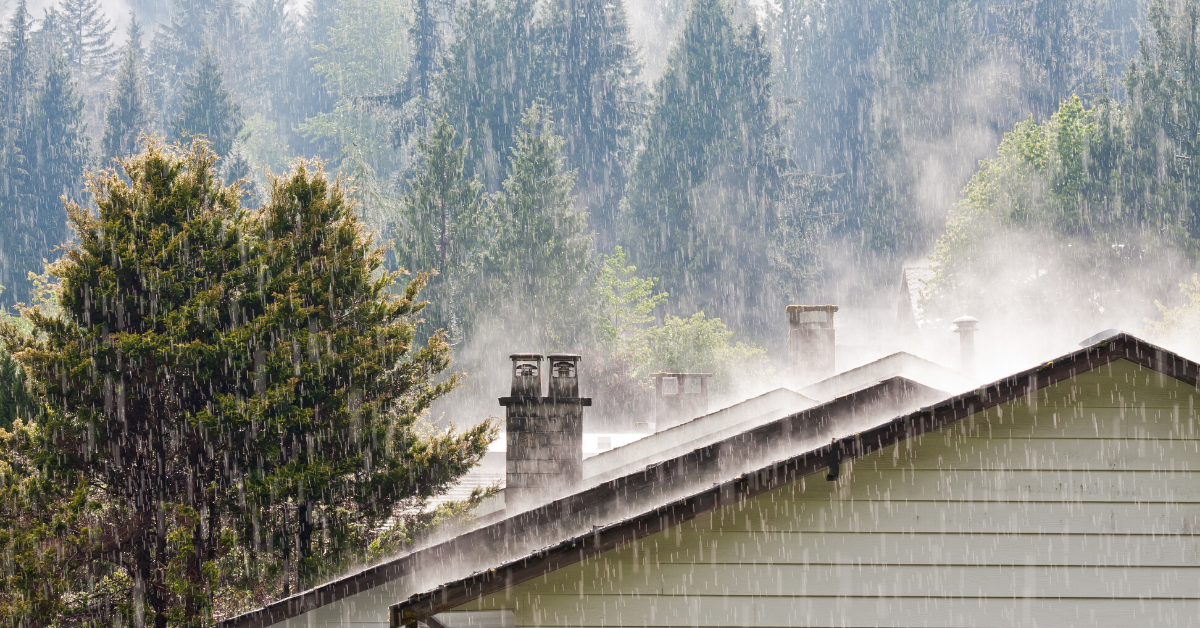
Roofing in the Rain
Mother nature can be unpredictable. Even with advancements in weather tracking and our daily consumption of weather forecasts, there’s no guarantee a rainstorm won’t strike. As a professional roofer, roofing in the rain is not an ideal setting. Reputable roofers across Colorado usually provide their due diligence when it comes to assessing and scheduling a new roofing job. Because the weather in the Centennial State can be volatile, preparation is key. Providers of Colorado residential roofing services should have a plan in place to handle extreme weather, especially if roof work is already underway.
In general, the ideal weather conditions for roofing are clear, warm days. Why? A home or commercial building can sustain water damage during roof replacement if rainy conditions are too frequent. It doesn’t mean it’s impossible to install a reliable roof in adverse conditions, just that more precaution and measures should be taken during inclement weather.
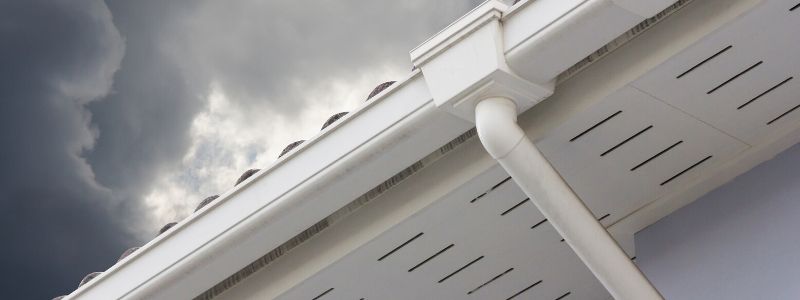
Rainstorms in Colorado
Colorado’s extreme weather is often a sore spot for many roofers. On one hand, B&M Roofing specializes in hail damage and repair, so we’re always adequately prepared for those fixes and scenarios. However, a damaged roof isn’t the only worry when roofing in the rain. Other issues that can occur such as rain create slippery conditions that make roof-work hazardous. The best bet is hiring an insured, safe roofer. If it starts to rain or drizzle, the roofers should act quickly to cover your OSB – most likely with a tarp.
Damage From Roofing in the Rain
What type of damage can be done when roofing in the rain? This is an important question because it may help to answer whether or not your roofing company is taking proper action to protect a new residential roof install.
Rainstorms can cause water damage to the roof decking. Roofs are framed with rafters or trusses and must be covered with sheathing or decking. Decking should be in place before other roof materials can be applied. The most common materials for this are oriented strand board (OSB) or plywood. The roof decking should never sustain water damage for the following reasons:
- Installing roof material over wet or wrinkled barrier (decking) is against roofing code in most areas
- Shingles will not adhere properly to wet roof decking like OSB
- Keeping water trapped in roof decking can cause the roof to eventually swell or buckle
- Trapped moisture can cause mold and mildew growth
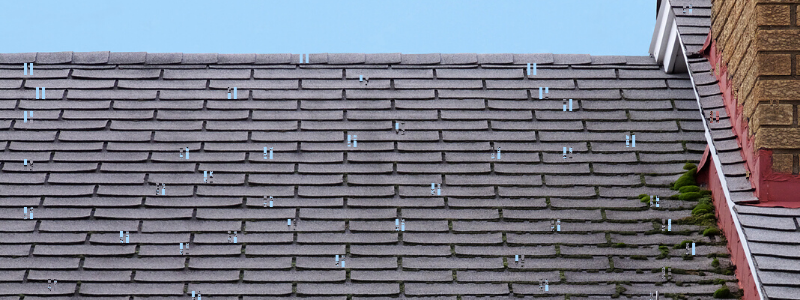
If a roofer has already started working on a new residential roof install and it happens to rain, they should act immediately. First, they should make every attempt to cover the roof decking and other exposed materials. A wet roof should:
- Dry properly, especially if it’s swelling
- Sanded or replaced altogether
When roof decking is wet, it can swell. If a roofing contractor were to lay roofing materials over wet decking, it could cause moisture to become trapped. Consider meeting with a roofing contractor prior to hiring as they should be able to explain various building codes in your area and disclose tactics to avoid roofing in the rain.
Roofing Warranties
What other impacts does roofing in the rain carry? If you didn’t already know, new roof installations usually (and should) come with two types of roofing warranties. A reputable company will provide details for both:
- Manufacturer Warranty
- Craftsmanship/Workmanship Warranty
Manufacturer warranties will guarantee the durability of the roofing material you’ve selected for your home. The warranty will usually vary by roofing type such as asphalt shingles, metal, tile, or shake and usually ranges from 25 to 50 years. However, a manufacturer does not guarantee the product warranty unless the roofing contractor adheres to set guidelines. For example, the manufacturer is not liable for damage that results from faulty workmanship. If a roofing installer decides to work under less-than-ideal weather conditions, such as rain, it could lead to your manufacturer voiding their warranty. Avoid bad workmanship at all costs!
Emergency Repairs in the Rain
If you’re experiencing leaks and damage during a rainstorm, don’t panic! While roofing services should avoid severe rainstorms, experienced roofers should have temporary fixes when a rainy day is unavoidable. Emergency roofing repairs should make immediate fixes to protect your home from extensive damage.
Note: Colorado is notorious for hail and rainstorms. Unfortunately, storms can wreak havoc on homes throughout Colorado state, costing thousands in damages and repairs. Storms also entice dishonest roofing contractors who are looking to scam panicked homeowners. An untrustworthy contractor may tell you that it’s okay to install shingles on a wet surface in order to get the job done quickly. Think twice before you hire roofers that appear to be in a rush. If it’s been raining, time is the only way to ensure damage control is met.
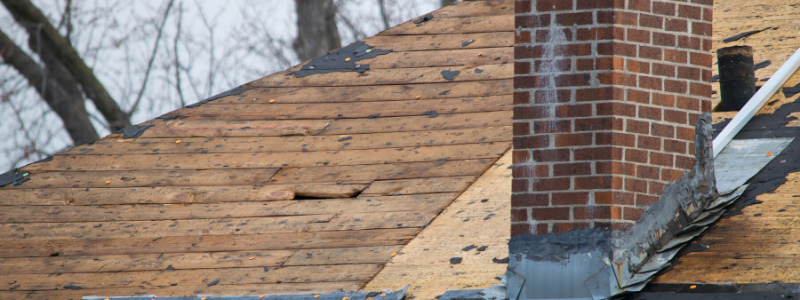
Avoid Roofing in the Rain
All in all, the best practice for any roofer is to avoid roofing in the rain. Considering the various issues that can occur, it’s worth it to take time to evaluate weather conditions and assess the time of year to consider a roof replacement. That said, there are many instances where the rain is unavoidable and unpredictable. In these instances, be sure you’re working with a roof that considers all possibilities and has a dedicated backup plan in the event of inclement weather. Steps should be taken to protect existing materials and completed work. Delaying a repair or replacement for a few days is well worth the wait. Rain can be extremely unforgiving, but the good news is, it won’t last forever.
Considering a new roof replacement? Contact B&M Roofing in Colorado. As a highly reputable company, we offer a variety of services for commercial and residential properties throughout the state. We can help you decide the best materials and we’ll be forthright with our process and planning. Contact us directly at (303) 443-5843.
